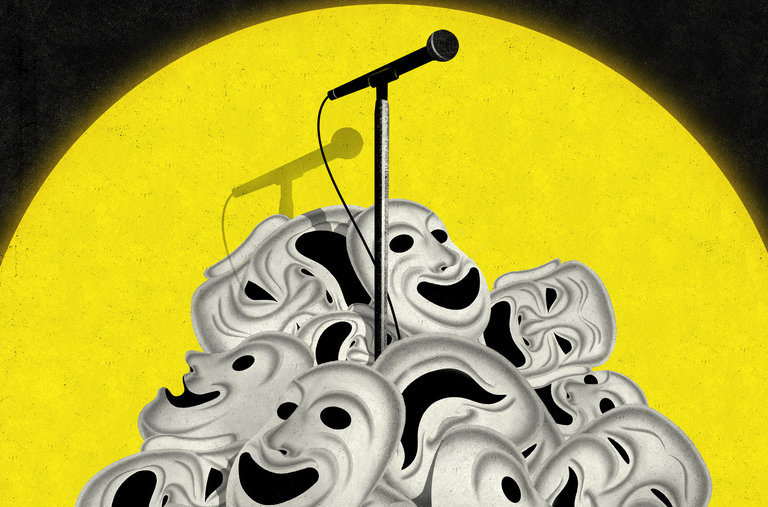Comedically Limited
October 14, 2020
This past weekend Bill Burr took the stage of Saturday Night Live (SNL) as just the second host to hold a show in person since the COVID-19 Pandemic has started. Bill Burr has long been known for his comedy, which pushes the limits of “acceptable” in a comedy routine. This weekend was no different. As he went through a slew of jokes, now being called controversial, many demand an apology. This raises a good question: what is too far when making jokes? Where should comedians be limited, if at all?
Most comedy careers are built off of the premise that the comedian is funny enough that people want to come back to watch their shows or will tell friends about the jokes they heard. There is not a specific area of joke-telling that will captivate every audience. Instead, many successful comedians find a niche and try to stay in that area. In the case of Bill Burr, he has found success with sometimes edgy comedy about his life and the world about him. All while making sure he is unapologetic for any jokes he may tell. This has given him a large following who love his straight shooter style and enjoy his jokes because he tells it how it is. During his opening monologue for SNL, he even told jokes about the “cancel culture” going too far and how he was sure people were going to try to cancel him for the jokes he was about to tell. Fast forward a few days, and that is precisely what has happened.
Comedy is Darwinism in its purest form. As most comedians, especially stand-up comedians, have found if they are on stage and are not funny, the audience will let them know, and if they cannot bring in an audience, they will not succeed. That same idea goes for if they are too edgy, if they tell jokes that constantly belittle the audience or make an audience uncomfortable, the reviews will be bad, and their careers will be short-lived. This is why comedians should have the ability to tell whatever jokes they think will get a laugh regardless of whom it offends or calls out. If they can keep an audience coming back, then the joke has clearly not crossed a line. That is the best part about comedy, a comedian’s ability to bring levity and humor into some of the darkest subjects and allow an audience to laugh at something that is otherwise very serious or saddening.
There should never be a need to cancel or force an apology from a comedian. They have the right to speak freely, and they have a hard job trying to walk that thin line of a hilarious routine that will draw in a crowd and a polarizing routine that could hurt their career. To limit a comedian to certain subjects would limit the entertainment of the audience and ruin comedy altogether.










